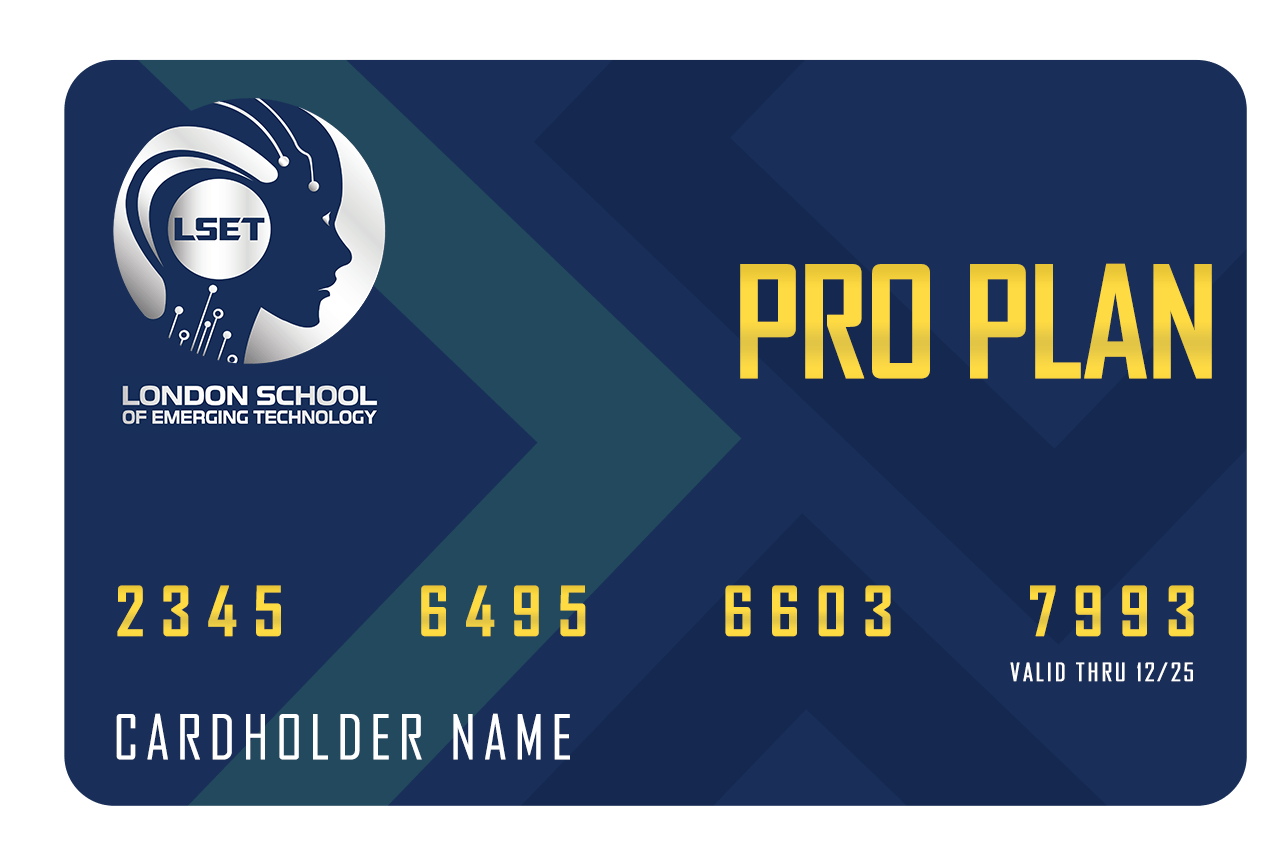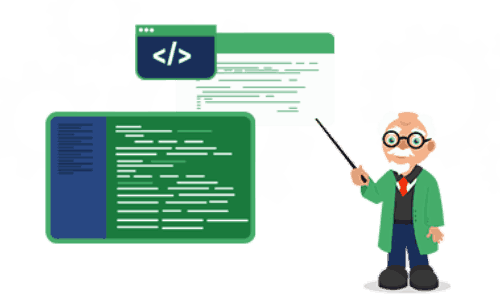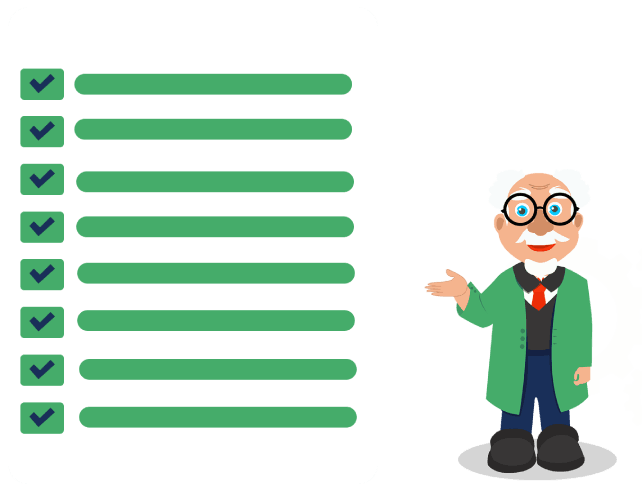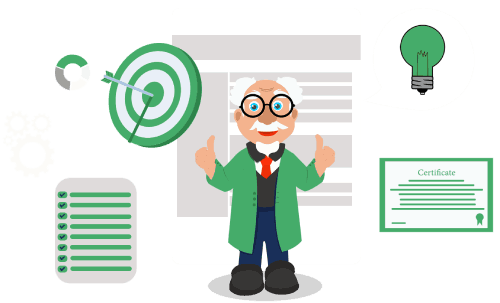Full Stack Development is a concept which includes the end-to-end development of both front-end and back-end of an application. Many companies are looking to hire a resource who will be proficient in working across multiple stacks which enables them to save money and get the product faster to the market. This Java Full Stack Development course will teach you to work on different aspects of web development including front-end, back-end, databases, debugging, testing, version control, and other essential technologies. You will start with frontend technologies like HTML, CSS3, Bootstrap 5, and JavaScript. You get an option to select between Angular and React JS as your front technology. Both of these frameworks are in great demand and enables you to build responsive single page applications.
After mastering the frontend, you will get to learn the backend development using Java Spring framework. In this, you will learn about Spring Boot, Spring Cloud, Spring Data, and other relevant tools. You will learn to build scalable, fault tolerant, and secure microservices. This part will teach you to use Spring Cloud which offers service discovery, load-balancing, circuit breaking, distributed tracing, API gateway, and monitoring. You will also get introduced to the event-driven development to consume and produce events from your microservices in real-time. On the database side, you will learn to build entities and create ERDs (Entity Relationship Diagram) to setup your database tables. You will learn the concept of Normalisation and build tables using 3rd normal form.
Final part will take you through the deployment process and teach you to build docker images, setup and execute CICD pipeline by using Jenkins, do code quality checks using sonarqube, etc. All these will prepare you to land on the highly paid and most in demand job in the industry.



 Premium Career-Ready Track
Premium Career-Ready Track












